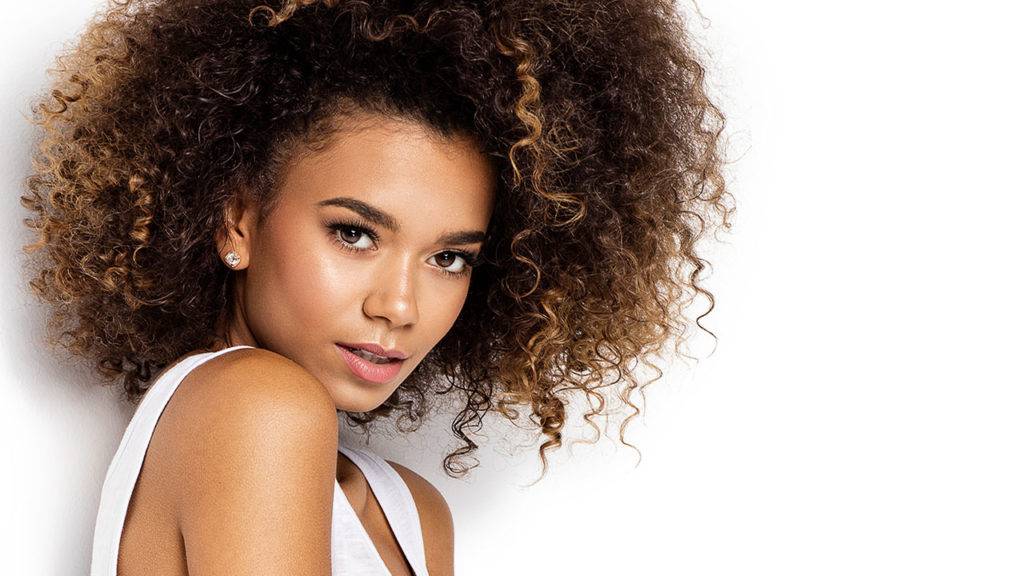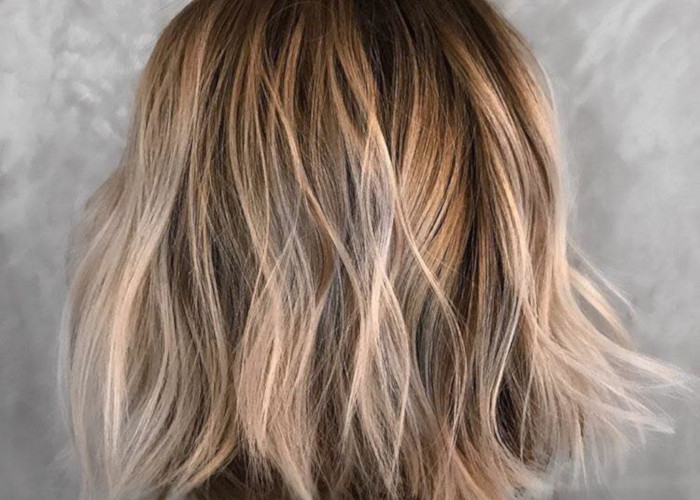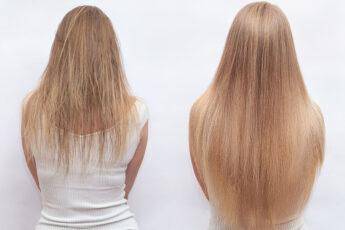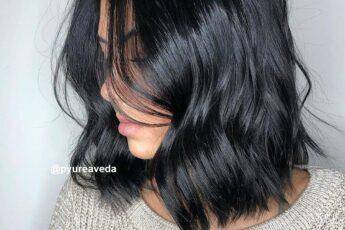Beautiful Black Hair the Natural Way

The movement towards natural black hair is regaining its momentum, and hair that is free from extensions, weaves and straightening treatments, is being widely embraced. However, we have been granted a legacy for which, for many of us, natural hair worn with no enhancements has become a complex choice both socially and politically. The idea that hair can be seen as a political statement is an alien concept for many outside our culture.
For people who aren’t of color, hair is a simple matter – wear it how you like, but for us, it’s far more complicated.
The History of the Afro
Since the earliest African societies, hair has been worn to reflect the wearer’s family background, tribe and social station, and is braided in a tribe-specific way for battle, mourning, celebration and more. Many people believed that, due to its position on top of heads, hair acted as a conduit for spiritual communication, and as such, it was, and still is, greatly valued.
Between the 16th – 20th Centuries, it’s the accepted estimate that 11,640,000 Africans were taken from their homes due to the slave trade, and although not permitted to bring much with them, they held their traditions and customs close, along with their wide toothed combs. However, in a deliberate act of dehumanization, many slaves were forced to have their heads shaved in an attempt to separate them from their heritage, culture and individual identity.
After slavery was abolished in America in 1865, many people felt pressured to fit in with mainstream, non-colored society, trying to avoid the subsequent post emacipation persecution and discrimination, and ‘blend in’. Black hair was smoothed and straightened using incredibly harsh, scalp burning chemicals, such was the desire to be camouflaged and to go about their lives unnoticed. Finally, out of necessity, specialist wigs were designed and produced by Madame CJ Walker, an entrepreneurial black woman.
During the civil rights movement in the 1960s, natural hair once more became a symbol of freedom, empowerment and pride. Black people no longer felt the need to hide away and blend into mainstream society, and the Afro hairstyle became a protest against racial segregation and oppression. Although the Civil Rights Act 1964 prevented employment discrimination on the basis of, amongst other things, color, race and national origin, it was still a problem for many people.
When, in 1976, Beverly Jenkins was told by her employer, Blue Cross that due to her Afro, she could never represent the company, she filed a landmark case citing racial discrimination. Jenkins v Blue Cross Mutual Hospital Insurance determined that Afros are protected under Title VII of the Civil Rights Act! However, even today, many courts still find ways to discriminate, claiming that natural Afro hair is a characteristic that can be changed, and they’re right, it can, but that discounts our history, culture and choice!
This year, California has just become the first state in the nation to ban discrimination against people of color based on hair texture or style.
So, it’s time to wear your hair with pride.
How to Look After your Natural Black Hair
There’s no doubt that, despite being gorgeously black and beautiful, our natural hair can be difficult to keep healthy and moisturized. It can break off, get damaged and is slow to grow, however, with a little help, natural hair care for natural hair is easy.
One of the most beneficial things you can do for your hair is a twice weekly oil treatment and argan oil is ideal for this. You can discover the best argan oil for your natural black hair at YouFro.
Heat up a couple of tablespoons of oil by placing them in a bowl, and then putting that bowl inside another. Pour hot water into the outer bowl, allowing the oil to heat gently. Test the temperature before gently massaging it through your hair from the scalp to the tips. Keep massaging for several minutes as this increases the blood supply to your scalp, improving the health of your hair follicles. When finished, wrap your head in a warm towel. The warmth encourages the hair shafts to absorb the oil, resulting in them becoming supple, shiny and moisturized. Leave the oil on your hair for as long as possible – although you may want to replace the towel with polythene wrap for an all nighter, before rinsing and washing as normal.
You should start noticing the benefits after two or three treatments, with your hair looking bouncy, easy to manage and full of health. You can thank me later!
YOU MIGHT ALSO LIKE:
Share via:






Leave a Comment